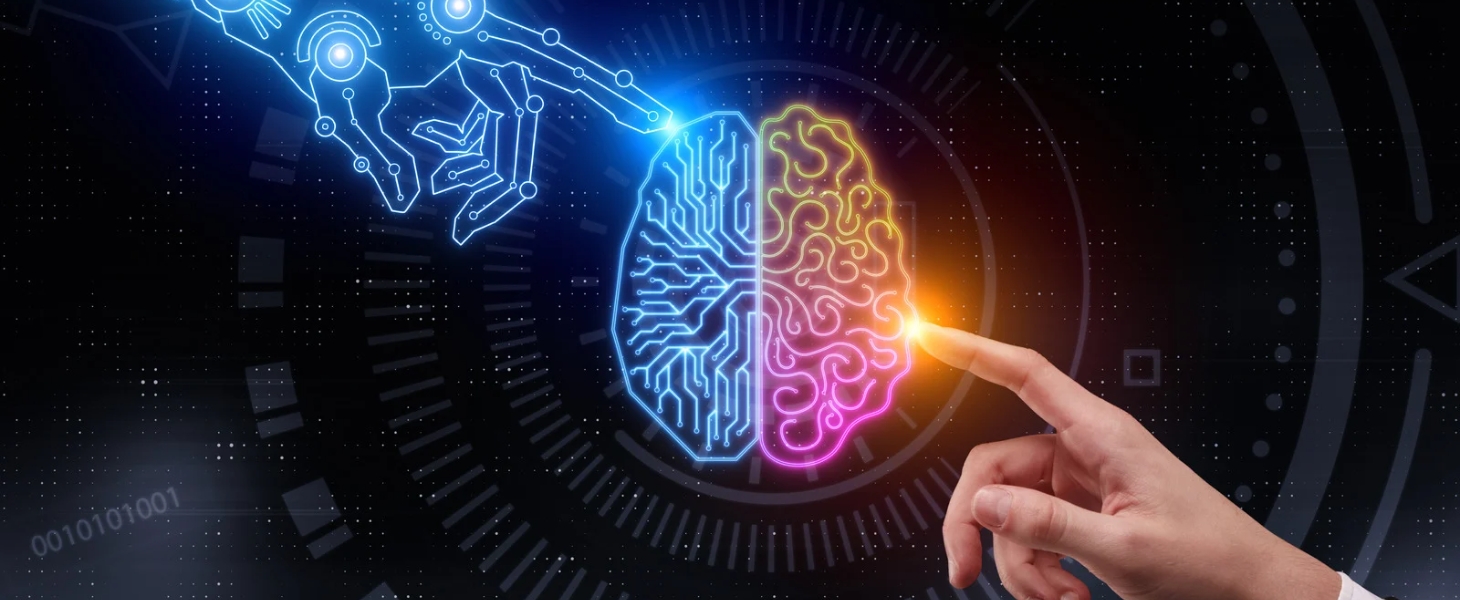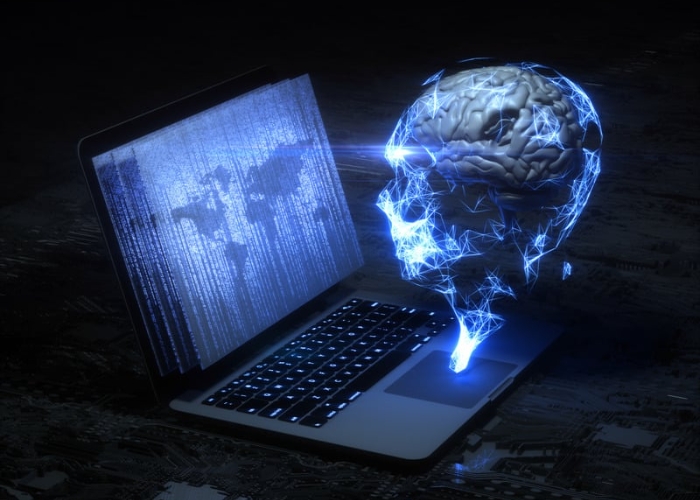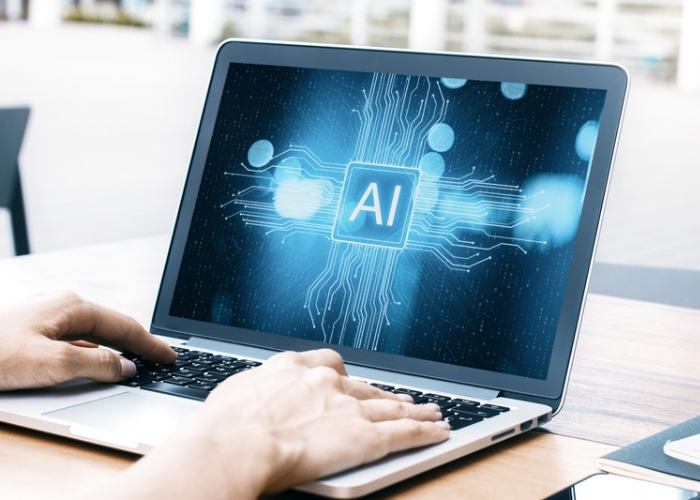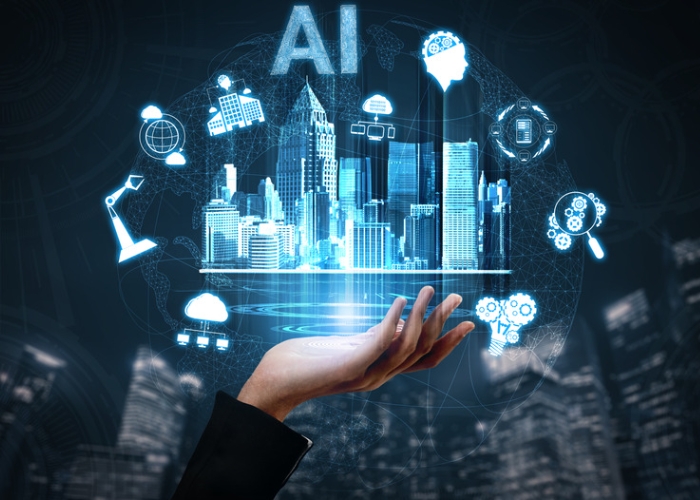The amount of data created by people and robots today greatly outpaces humans' capacity to consume,
comprehend, and make complicated decisions based on that data.
Today, with so many work-from-home and pop-up network sites in use, a threat-aware network is more
important than ever. A few advantages of adopting AI in cybersecurity include the capacity to instantly
identify and react to infected devices, physically locate affected devices, and ultimately enhance the
user experience. IT teams must safeguard their networks, which include devices they do not directly
manage but must let to connect. Risk profiling enables IT teams to secure their infrastructure by
offering extensive network visibility and policy enforcement at every network point of connection.




